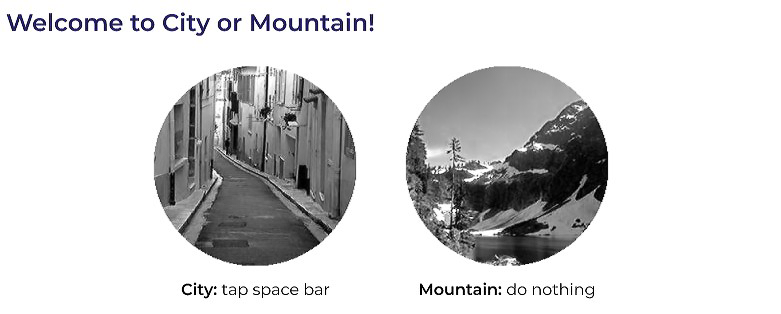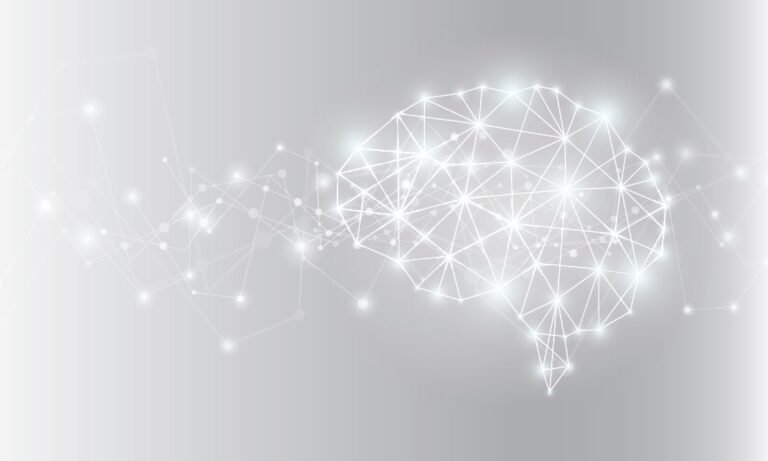• Institute update
The National Institute of Mental Health (NIMH) and the non-profit organization The Many Brains Project cooperated with National Institutes of Health (NIH) all of us Research program to customize a number of new game-like tasks that are now part of it all of us Experience participating in the Research Program. Quizzes, puzzles and other engaging exercises measure abilities such as attention span, decision making and emotion recognition.
The all of us Research program
The all of us The Research Program is a large-scale NIH-led effort to collect and study data from at least one million people in the United States. People participating in the program are asked to fill out surveys on different topics, share data from their electronic health records, complete online tasks and provide biological samples (such as saliva).
Why NIMH partnered with all of us?
In 2009, NIMH developed the Research Domain Criteria Initiative, known as RDoC. RDoC was created as a new way of conceptualizing and studying mental disorders. In this context, mental disorders are studied through the lens of different functional processes, such as cognition, mood, social interactions, etc., with characteristics that exist on a continuum ranging from typical to extreme.
NIMH is interested in collecting data on some of the factors that are part of the RDoC framework, such as cognitive, social, and reward processes, from a large, diverse group of participants—exactly the type of participant cohort created through all of us. As a bonus, all of us collects many other mental and physical health data. When combined with information gleaned from the new gamified tasks, this data could help researchers understand what leads to mental disorders, how they develop and the most effective ways to treat them.
In 2016, RDoC staff convened a task force to identify behavioral tests that could measure factors in the RDoC context. After reviewing the list of tests, RDoC staff selected several with strong normative data — baseline scores or metrics against which the new scores can be compared. RDoC staff then issued multi-year contracts to different teams, asking them to turn the tests into easy-to-use gamified tasks that were still valid for measuring the intended concepts.
Four tasks—Guess the Emotion, Left or Right, City or Mountain, and Now or Later—were eventually adapted to be part of all of us Research program. These four jobs were created as part of the non-profit organization TestMyBrain Platform with support from The Many Brains Project.
What are the new tasks and what do they measure?
NIMH partnered with All from U.S to introduce four different tasks to their platform: Guess the Emotion, Left or Right, City or Mountain and Now or Later.
- Guess the feeling: The Guess the Emotion task asks participants to look at pictures of people and name people’s emotions based on their facial expressions. This task is a version of the Face Emotion Identification task, which is used to learn about social processes, social communication, and how people receive information conveyed through facial expressions.
- Left or right: The task Left or Right measures how well people can focus in distracting environments. The task starts with a screen showing five arrows—a central arrow between two sets of side arrows. The five arrows change direction during the task, and the participant must indicate the direction of only the middle arrow. This can be difficult because the side arrows can point in a different direction than the middle arrow. This task is a version of the Flanker task, which measures attention and response inhibition, or the ability to stop a response elicited by inappropriate information (in this case, the flanker arrows).

- City or Mountain: The City or Mountain task tests how quickly participants respond—or how well participants resist responding—to a changing scene. During work, city or mountain scenes fade in and out. Participants are asked to press a response key only when they see a picture of a city. This task is a type of gradual start continuous performance task. It is used to understand cognitive systems such as attention, cognitive control, and the ability to respond to only one type of information while ignoring others.
- Now or later: In the Now or Later task, participants are presented with different pretend scenarios where they are offered a certain amount of money after certain waiting times. The amount of money and the waiting time change in each scenario. In essence, participants decide whether they would like a smaller monetary reward over a short period of time or a larger monetary reward over a longer period of time. This is a delay discounting task, which measures a person’s individual level of temporal discounting, or how long they are willing to wait for a specific reward. This information helps researchers understand how people evaluate the value of rewards.
All of these tasks measure aspects of behavior that may vary from person to person. For example, some people may be quick to recognize emotion in a face, while others may be slower. Some people may feel better when they receive a larger reward, even if they have to wait, while others may see the more immediate reward as more valuable. Mental disorders can affect these behaviors in different ways. Understanding how these behaviors change with mental health offers insights into how mental disorders affect the brain. It could also inform interventions or treatments so that they have the greatest benefit for patients.
How will information from these tasks be used?
All data collected as part of all of us The Research Program, including information collected using these new tasks, will be available in the future for analysis by researchers. Its sheer size all of us The dataset and many types of information collected through the program—genetic, physical, mental health, etc.—allow researchers to make new connections between these health factors and expand our understanding of how they work together in health and the disease. Researchers can visit ResearchAllofUs.org to learn more or register to use it all of us data set.
Participation in all of us is free and open to anyone 18 and over. People can learn more about joining at all of us Research Program in JoinAllofUs.org .
